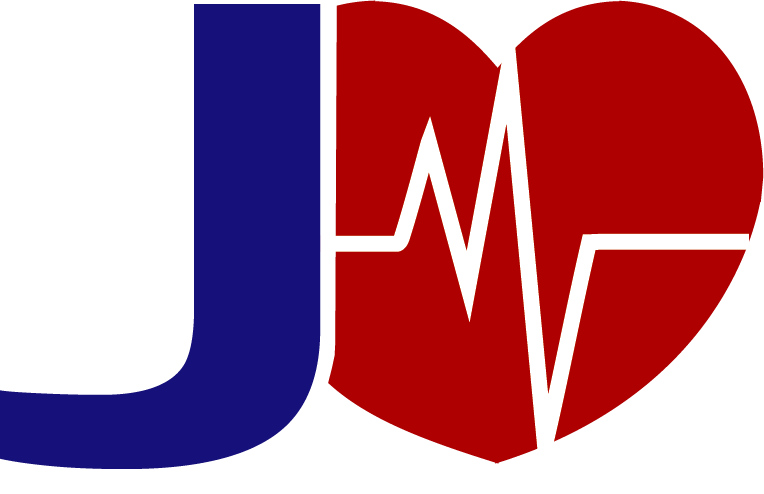Rosacea
Last updated: 20 Jun 2025 | 3250 Views |


![]()
Rosacea
Rosacea: A Chronic Skin Disease That's More Than Just a Red Face
Have you ever felt that your face gets red too easily, red enough to feel like it's going to burn when exposed to the sun, drinking alcohol, or eating spicy food? If so... it may not be just "sensitive skin", but it may be a sign of Rosacea - a chronic condition that many people don't know deeply about.
What is Rosacea?
Rosacea is a chronic skin disease characterized by redness of the face, visible capillaries, and sometimes raised or pus-filled rashes similar to acne. The exact cause is still unknown, but it has been found that there are many factors related to the immune system, blood vessels, and microorganisms on the skin.
Go deeper: What happens to the body when you have Rosacea?
1. Overactive Innate Immunity
Patients with Rosacea often have abnormally sensitive innate immunity, especially an antibacterial substance called Cathelicidin (LL-37), which causes inflammation and expansion of blood vessels.
2. Abnormal vascular dysregulation
Capillaries under the skin's surface are sensitive to temperature and stimuli, such as sunlight or alcohol. When stimulated Blood vessels become more dilated than normal, causing the face to become red and “flushing.”
3. Increased Demodex mites.
It is normal for a tiny hair mite called Demodex folliculorum to live on our skin, but in rosacea patients, they are often found in unusually large numbers, and there is evidence that this mite can trigger inflammation.
4. Weakened Skin Barrier.
People with rosacea often lose their protective barrier, becoming more easily irritated and more prone to burning, dryness, peeling, or sensitivity to products.
The different symptoms of rosacea are:
•Persistent Erythema: Constant redness of the face, especially on the cheeks, nose, and forehead.
•Flushing: Sudden redness of the face when exposed to stimuli, such as coffee, stress, or hot weather.
•Papules/Pustules: Often appear with inflammation, but without a head.
•Telangiectasia: Visible reticular veins under the skin.
•Ocular Rosacea: Red, sore eyes, sticky eye discharge. Sore eyes in some people
•Phymatous skin: especially around the nose, which may develop into lumps (rhinophyma)
How is rosacea diagnosed?
A dermatologist will diagnose the condition based on the skin's appearance and symptoms. If necessary, a skin scraping may be done to test for Demodex parasites or a skin biopsy may be done to rule out other conditions, such as SLE, infectious skin conditions, or chronic acne.
Treatment of rosacea: More than just topical medications
1. Topical Therapy Metronidazole: anti-inflammatory, reduces pustules Azelaic acid: reduces rashes and redness Ivermectin: kills Demodex
Brimonidine/oxymetazoline: helps constrict blood vessels Temporarily reduce redness
2. Oral Therapy
Doxycycline: Used in low doses to reduce inflammation, Isotretinoin: In severe, drug-resistant or phymatous rosacea
3. Laser and light (Laser/IPL) Pulsed dye laser (PDL) or intense pulsed light (IPL) can reduce capillaries and permanent redness
4. Eye care, eyelid washing, artificial tears. In severe inflammation, see an ophthalmologist.
Rosacea and the mind: Visible diseases on the face
Many rosacea patients have anxiety or depression due to lack of confidence in their appearance. Having chronic redness or bumps can affect work, socializing and relationships. Support from family and specialists is needed.
Is this disease curable?
Rosacea cannot be cured, but it can be controlled and kept in remission with regular treatment, avoiding triggers and taking care of your skin according to your condition.
![]()
Summary
Conclusion: If your “redness” is more than usual, it may be time to see a dermatologist.
Understanding rosacea is not just about beauty, but it is about knowing how to take care of your skin and mental health in all aspects. This disease should be properly diagnosed and treated. Don't wait until your skin becomes severely inflamed or you lose confidence in your daily life.
Advice: If you start to have symptoms, you should see a dermatologist immediately. You should not buy medicine to apply on your own because it may make your symptoms worse (especially steroids that make your skin thinner and your capillaries dilate more).
Related content
Frostbite
6 Oct 2025
Tinea Infection
20 Jun 2025
Athletes Foot
23 Jun 2025
Molluscum contagiosum
23 Jun 2025



















